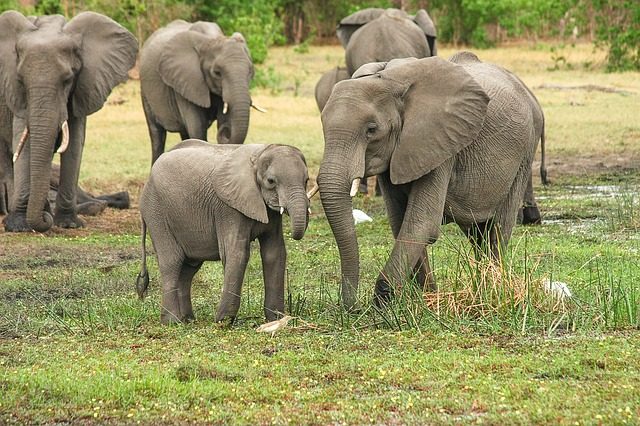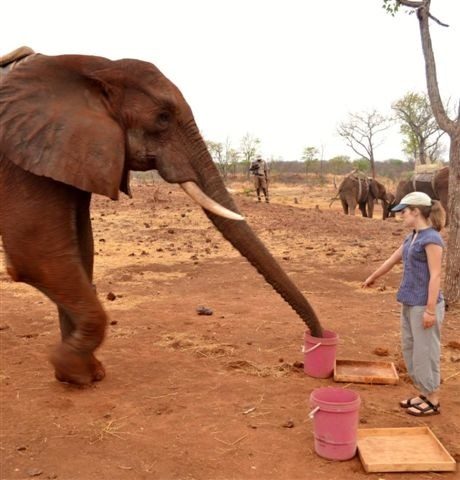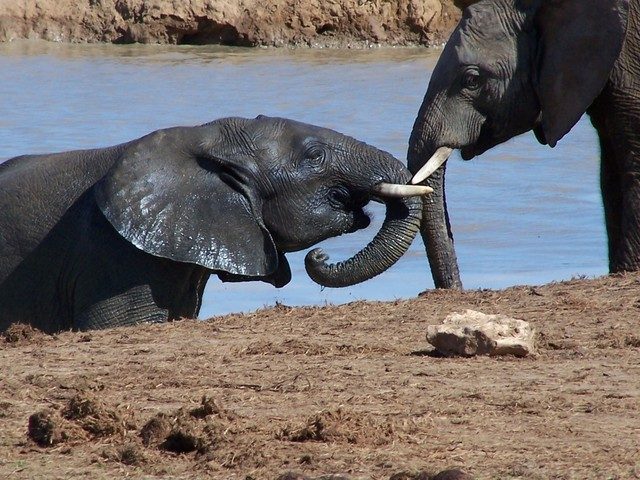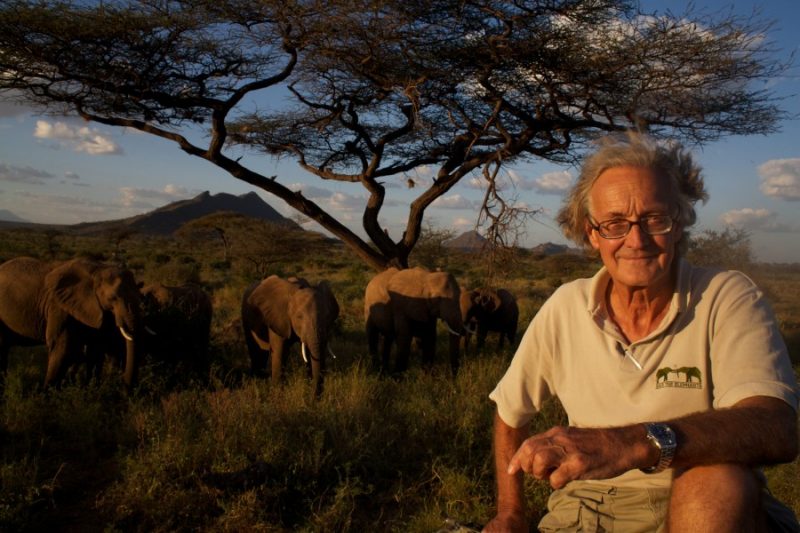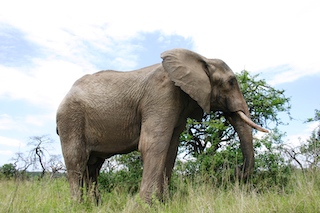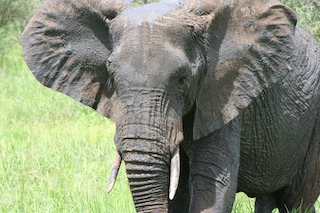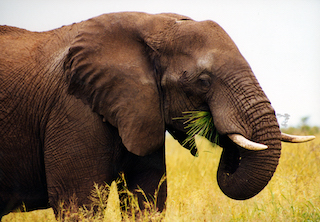Elephants Recognise Old Friends And Humans
The extraordinary recalling power of elephants in the wild and captivity has been fodder for many fascinating stories, both fiction and non-fiction. Ancient legends and tales have it that elephants never forget a face that they have seen even just once. That may be a myth for many generations and bit of an exaggeration too. But there is surely some truth in it. Science, studies, and research have proven it beyond the shadow of a doubt. They do recognize each other better than human beings do. Good for the elephants, but a shame for hominids. The giants can keep a record of many different individuals all at the same time. Moreover, they also remember people with whom they have come into contact.
Recognize old friends
The pachyderm can easily distinguish their members, companions and other creatures who have left a powerful impression on them. But scientists reckon that they don’t just recall buddies with whom they have spent a long time. Elephants can also recognize other friends with whom they have spent only short amount of time. There are countless stories of the beautiful giants who separate from one another, and then years later were united and still remember each other.
Jenny and Shirley
The largest natural-habitat elephant sanctuary based in Hohenwald, Tennessee in America is developed specifically for endangered elephants. In 1999, when a new Asian elephant named Shirley came into the elephant sanctuary, the resident elephant named Jenny became anxious, excited, and animated. She could not contain herself. After they had been given some time together, they both displayed enthusiastic greetings towards each other. Shirley also started becoming aroused. She exhibited unusual mothering behaviors towards Jenny. And the two elephants began trumpeting.
Crossed past paths
The founder of the sanctuary, Carol Buckley explained that she had never seen something that intense from elephants unless it was aggression. So, Buckley and the workers at the sanctuary did a little digging about their past records. After looking into their backgrounds, they found out that before coming to the elephant sanctuary, the elephants were old friends and had previously known each other. Jenny and Shirley had briefly crossed paths 23 years earlier. The two elephants had performed together with the same circus, Carson & Barnes, but for only a few months. Shirley was 30 years old, and Jenny was only a calf. The founder said that it was an emotional reunion between seemingly old friends. They were able to be reunited and rekindle their friendship 23 years later.
Incredible scent sense
Elephants can keep track of their family members and non-family members by their sense of smell. Psychologist Richard Byrne and other researchers at the Saint Andrews University in Scotland did a study in 2007 in Kenya at the Amboseli National Park to test the abilities of elephants to distinguish between friends and foes. They kept urine samples in front of some female elephants, regardless of when since they last saw each other, and checked them out. According to Scientific American, the elephants acted up when they smelt one that didn’t come from their herd or brood.
Emitting contact appeal
Studies have concluded that by using its sense of smell alone, elephants can track and distinguish between the scents of up to 30 companions and relatives, even if separated for years. Such memory helps them monitor their groups with whom they socialize, move and forage together. The trait also aids them to stay together and avoid getting lost while traveling in their herds. Anatomically, the olfactory region of the elephant’s brains is particularly active and extremely developed compared to its other senses, which is saying something for elephants that live so long. The mechanism works this way. When two elephants approach, they automatically emit something called the contact appeal. If they recognize the appeal, they respond in a friendly manner. If not, they adopt a defensive position.
Recognise human beings
The recognition skills of the elephant are not only limited to the herd members but also with people whom they had met briefly even decades earlier. Elephants have a great people memory. They have revealed altruism by their willingness to support and help people in distress. They remember kind gestures as well as injuries done to them. Those who work in close collaboration with the pachyderms have noticed elephants hold grudges against those who hurt them. One study of elephants in the Amboseli National Park in Kenya showed that they would react negatively to the sight or smell of certain clothing because it resembled that worn by Maasai tribesmen, who often threw spears at elephants. In Kenya, young men belonging to the Maasai tribe demonstrate their manhood by slaughtering elephants. Thus, the animals can associate and remember the smell of the tribe with spearing.
Iain Douglas-Hamilton
The zoologist and founder of Save the Elephants, Iain Douglas-Hamilton, is an authority on pachyderms. He has studied them in Nairobi and Tanzania in the 1960s. Early in his career, he recounts becoming so acquainted with an elephant in Lake Manyara National Park in Tanzania that he could walk beside her in the savannas. He left in 1969, and when he returned in 1973, the elephant still remembered him.
Beneficial evolutionary trait
The ability of elephants to recall their peers and human beings from the past serves them well as they can live up to 70 to 80 years. The amount of time spent together does not have any bearings on their recollection capability. Not only are they able to recognize peers and people, but also express emotions in ways that perhaps only human beings can. They can pinpoint familiar peers using their incredible sense of smell and to detect the contact appeal emitted while meeting. But it is yet to be confirmed whether they use the same faculty and mechanism to recognize humans. Further studies in the future might shed some light on it.
5 Questions About Elephants And Humans
To receive a colourful digibook about elephant with videos, images and text, please fill out the following form or simply email us on safaris@safari-center.com

